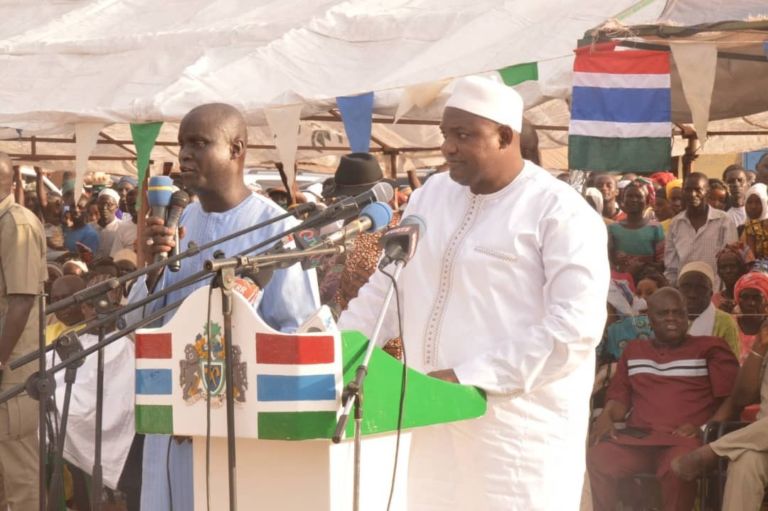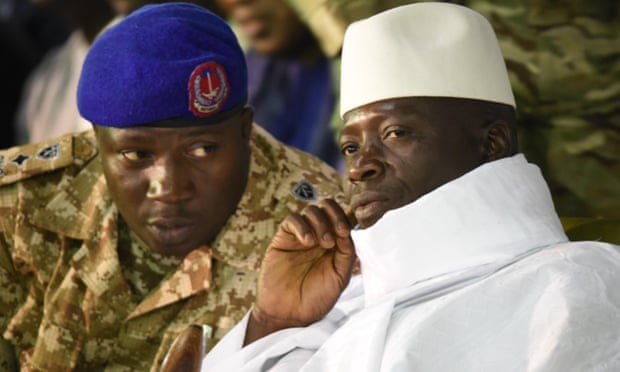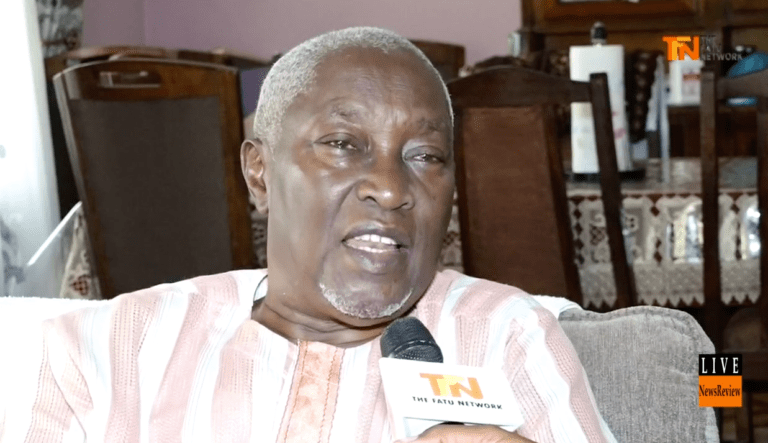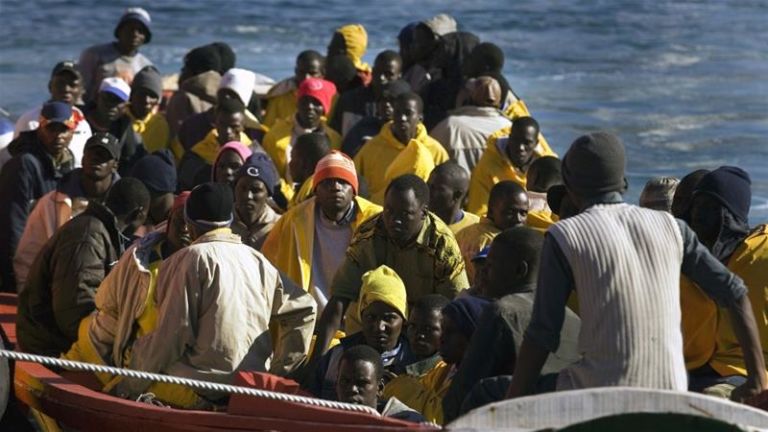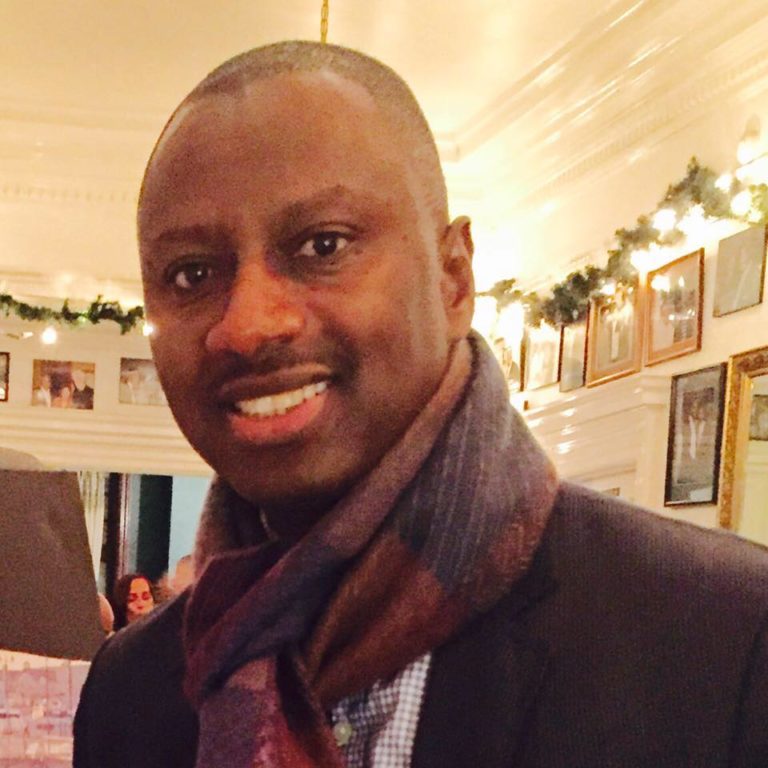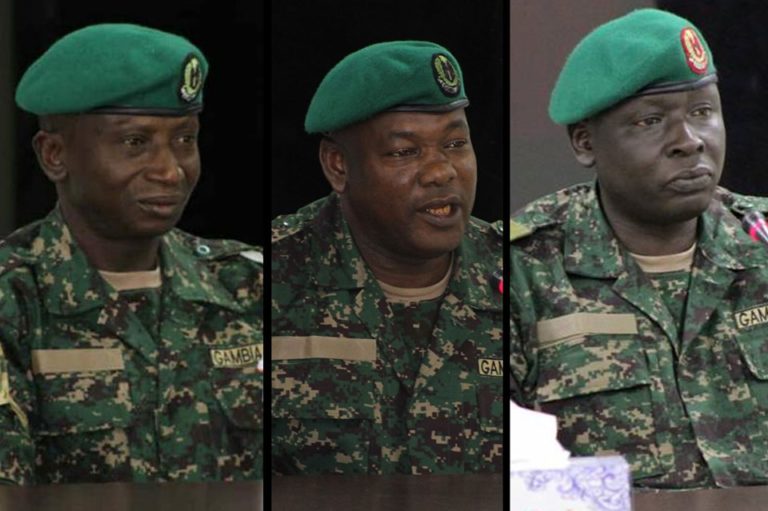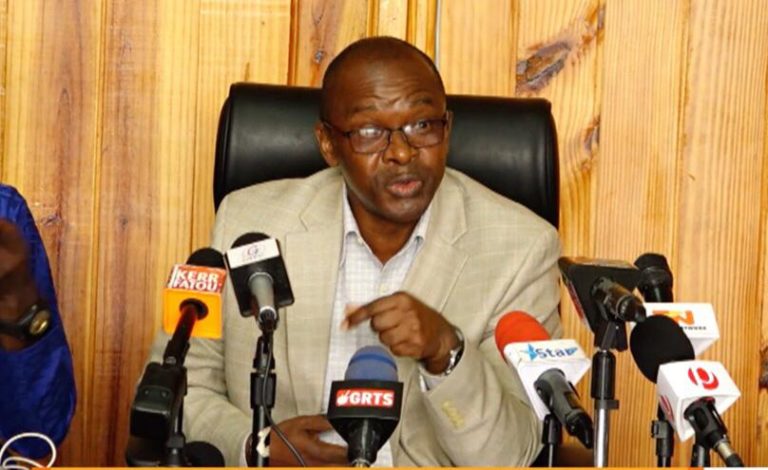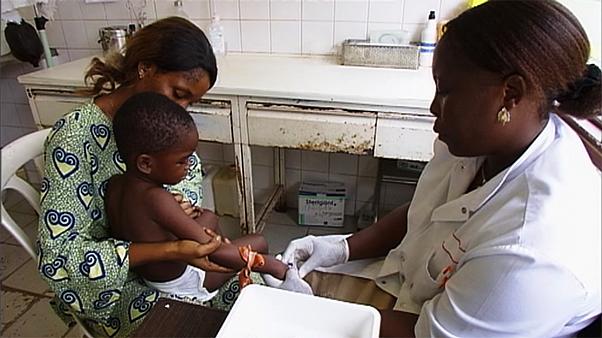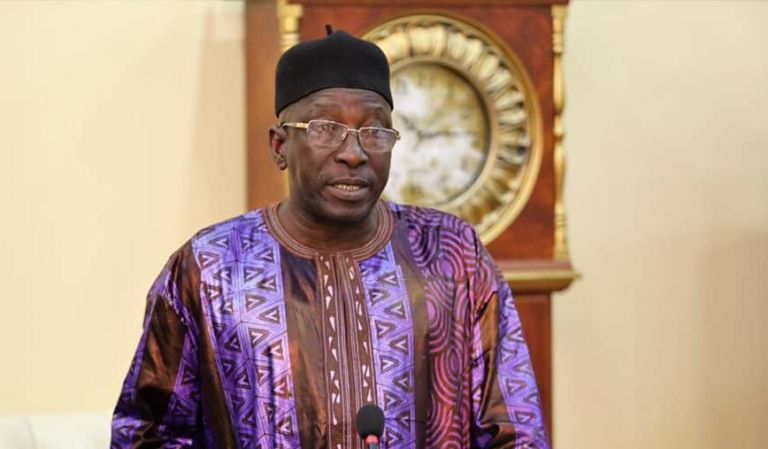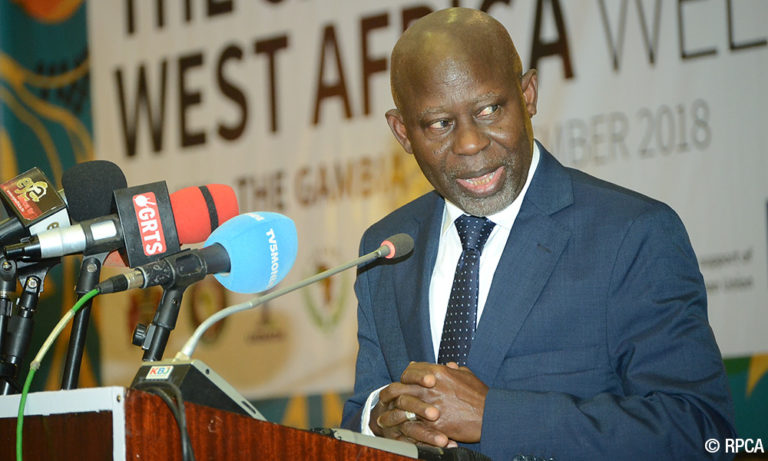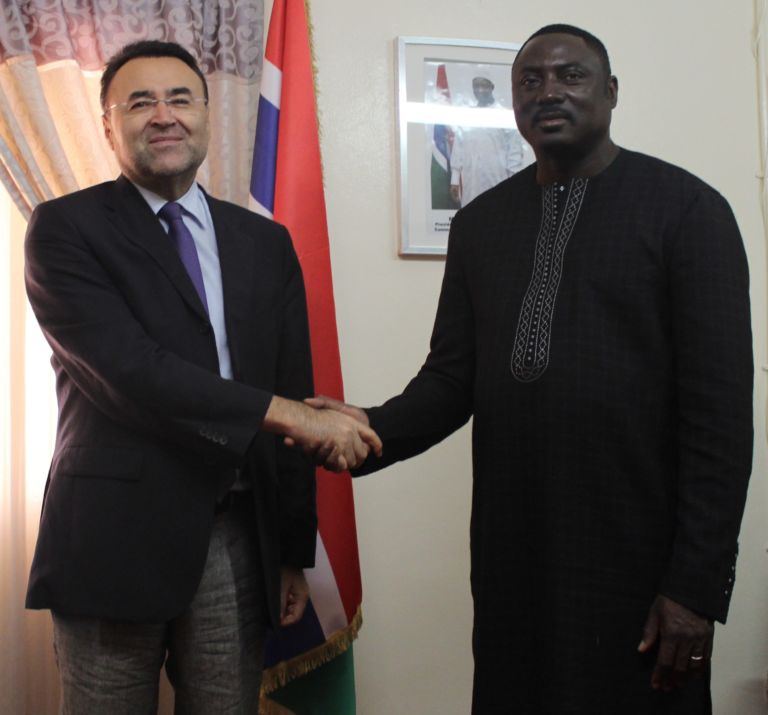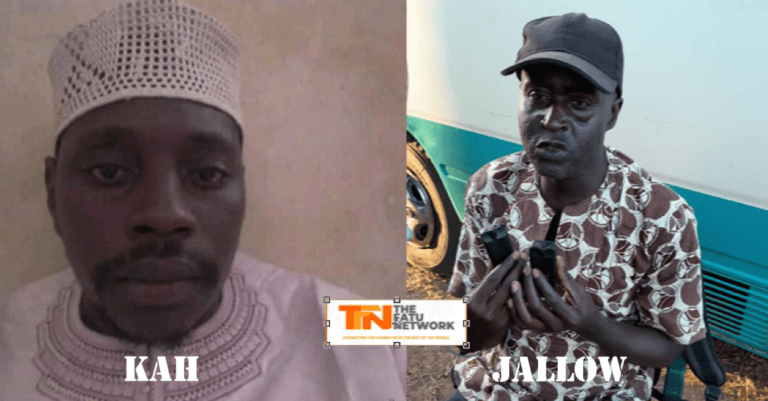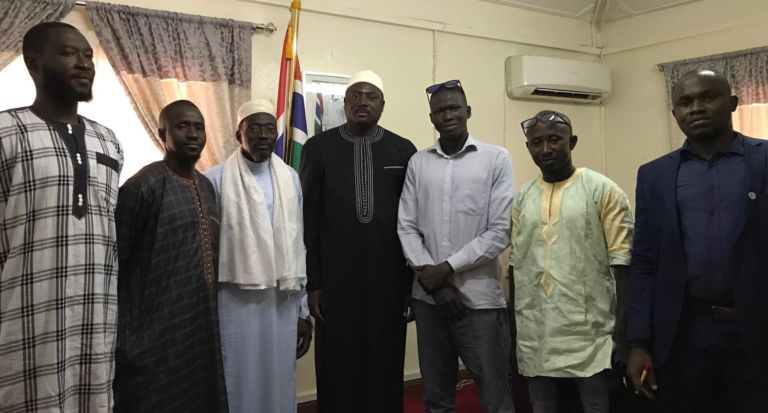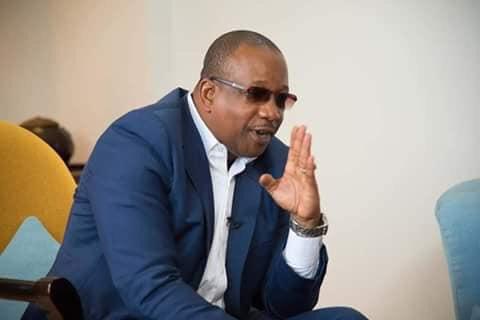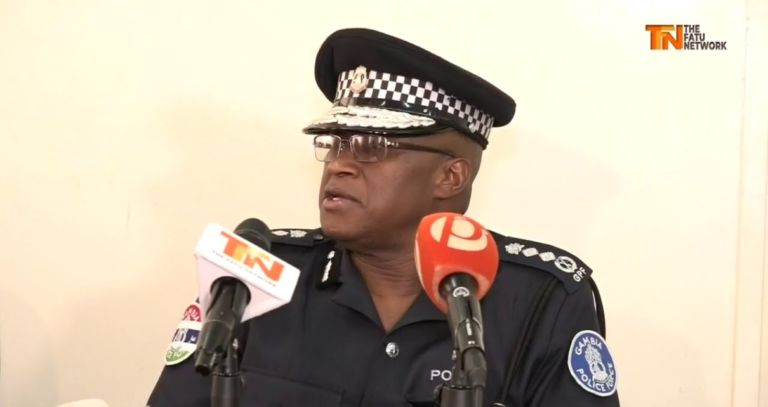By Madi Jobarteh
Since the release of the draft constitution two weeks ago a growing struggle over the soul of the nation has been brewing up over a single word, ‘secularity’. The fact that the CRC did not mention the word at all yet in their draft they went further to speak about ‘Shariah Court’ seems to have generated fears and antagonism among citizens. The undeniable background to this vibration is certainly the unconstitutional declaration of ‘The Islamic Republic of the Gambia’ by the Tyrant Yaya Jammeh in 2015.
It must be said that the recent remarks from the CRC Chair did not also help while earlier comments by an Islamic Scholar Dr Omar Jah have all contributed to making the issue of secularity of the state very contentious. Let me state upfront that I stand for the inclusion of the word ‘secular’ in the draft constitution.
In that regard I hold a different view from the Chair of the CRC Justice Cherno Jallow who defended the exclusion of the word ‘secular’ out of the draft constitution on the basis that it has never been in both the 1970 and 1997 constitutions. By that claim alone one may ask the CRC why therefore are we writing a new constitution if we will not add or subtract any word that was not found in the 1970 and 1997 constitutions? Already in his own draft constitution Justice Jallow has put in many new words, ideas and institutions that never existed in both the 1970 and 1997 constitutions. So why not put in ‘secular’ as well?
For example, in the draft constitution the right to development was mentioned when this is not the case for the 1997 or 1970 constitutions. The draft constitution also mentioned the creation of an Independent Boundaries and Electoral Commission as well as proposed the idea of a National Assembly Service Commission among many other innovations. None of these innovations are in the 1970 or 1997 constitutions. Therefore, how could the CRC decide to leave out the word ‘secular’ just because it did not exist in the previous constitutions?
After all the CRC is tasked with the responsibility to seek people’s opinion on the bass of which it was to write a new constitution. And indeed many have opined that the Gambian state must be secular. I think that view must be considered strongly by the CRC.
Therefore, I wish to strongly argue that we indeed need to write in Section 1 subsection 2 of the draft constitution that the Gambia is a ‘multi-party party, democratic and secular’ state to cement the separation of state matters from being influenced by any religion. Yes, Section 151 (2)b has entrenched that the National Assembly shall not establish a state religion. While that is clear, it must be noted that this provision only refers to the National Assembly. It did not say no other person or authority shall establish a state religion.
When Yaya Jammeh declared the Gambia an Islamic Republic, he did not go to the National Assembly to do so knowing full well that the 1997 Constitution bars the parliament to do that. But at the same time there was no provision in the 1997 constitution that said the President cannot also declare state religion. Hence by having ‘Secular’ stated in Section 1 it will serve to prevent any person or authority to declare a state religion.
Furthermore, when you check section 151 in subsection 2(a) of the draft constitution it is stated that the National Assembly shall not establish a one-party state. But when you go back to Section 1 subsection 2 you will also find it there that the Gambia is a ‘multiparty, democratic state’. These two sections therefore reinforce each other such that they prevent not only the National Assembly but also the President and indeed any other person or authority to declare the country a one-party state. Why therefore cannot the CRC do the same in regard to section 151 subsection 2(b) by stating that the Gambia is a ‘multiparty, democratic and secular’ state?
The value of putting in the word ‘secular’ is to further reinforce all other provisions in the draft constitution that uphold the principle of secularity. Furthermore, it serves to provide reassurance to all citizens that indeed no particular religion will have any influence on the decisions, actions, laws, policies and management of public resources and delivery of public services in the Gambia. This is utterly important to emphasise so that we ensure that no one is discriminated or underserved or violated simply because a particular state institution or state official refuse to serve citizens because of either his or her own faith or because of the faith of the citizen who must be served.
Secularity is not anti-religion. Secularity rather provides the space for all citizens to perform their religious obligations without having to bring that to bear on public services and public institutions. As a republic, the Gambia is multireligious, multi-cultural, multi-ethnic and comprising men and women. Regardless of what section of the population or faith or ethnic group one belongs, we are all equal in sovereignty in the Gambia. There are no first class or second-class citizens in anyway. But the moment we allow beliefs, tribe and other sectarian considerations to drive our public policy and law making therefore we will create a situation of inequality and discrimination hence injustice and violence against each other.
Secularity therefore protects freedom of religion which is guaranteed in the 1997 Constitution as well as in the draft constitution. Contrary to the misconceptions peddled by Dr. Omar Jah that with secularity Islam will lose out in the Gambia, the fact is secularity will only serve to bring respect, protection and dignity to Islam and Islamic religious leaders.
We all can recall how Yaya Jammeh used the State to politicise the Supreme Islamic Council to the point that many Gambians have come to lose respect for many high-level imams. Not only that but also Yaya Jammeh had used the State to arrest, torture and humiliate imams while preventing Muslims to even pray as they wished.
Clearly Yaya Jammeh was dragging Islam into state matters which in the final analysis became a threat to all Muslims. Dr. Omar Jah knows that at that time when Yaya Jammeh designated any day for Tabaski or Koriteh, he, Dr. Jah dare not pray on another day in defiance! If he did, he was going to be arrested and tortured and even killed. Therefore, to prevent such abuse of Islam and Muslims by a President or the State it is necessary that Muslims support secularity because we could produce another Yaya Jammeh, which we seem to be working hard to do again!
Secularity does not mean when there are official meetings such as cabinet meetings or opening of parliament or a school assembly or workshops that no one will pray. That is a misconception and misinformation. Secularity does not mean that people should abandon religion.
Human beings have beliefs and they practice their beliefs. But when we are in a republic where there are multiple religions and beliefs, we have to agree that the national institution that we will create, such as the State will only operate based on objective laws without reference to any religion so that we all can be served and protected by the State without favour or ill-will. Otherwise is Dr. Jah asking that we make Shariah and the Quran the basic law for everyone in the Gambia? What if someone also suggests that we make the Bible and Christian law the basic law of the land?
If the President is either a Muslim or Christian or a non-believer, he or she has a right to express his prayers before doing anything. If anyone goes to court, you are at liberty to swear by the Bible or the Quran or just affirm if you do not wish to use any religious book. Already we cater for religious events such as Tabaski, Koriteh, Easter, Christmas and Friday and Sunday by making sure there are holidays and breaks to allow citizens to observe their religious obligations. This is secularity.
It is a recognition that the Republic is not non-religious or anti-religion because the Republic is the people. But the State as an institution of the People is non-religious but not anti-religion. This is why the State therefore allows citizens to observe their religious obligations in such a way that it does not affect the performance and functions of the State and the people who work in it.
To claim that secularity will legalise homosexuality is a false and unfounded notion. Homosexuality cannot be imposed by the State but only by the people of the Gambia. Therefore, no amount of secularity will legalise homosexuality in this country. That decision is up to Gambians to make. Such decisions are not caused by secularity as they are not connected. Secularity is merely about separating the State from any religious influence, positively or negatively. What decisions a State will make next is left to the socio-political ideologies of the people and their political parties and other stakeholders.
I must therefore say that those who hold positions of authority and influence must measure their opinions before expressing them so as not to create unnecessary rifts, confusion and fears. Dr. Omar Jah need to conduct more research on secularity so that he provides a more informed preaching that will help the nation. To refer to the socio-political issues in Israel or the US and other places and therefore conclude that the same scenarios over there are coming to the Gambia is utterly farfetched. Until today there are states in the United States that have banned homosexuality despite the high democratic credentials of the US.
I wish to urge the Muslim ummah in our country to realise that Muslims are the majority here. Such status also imposes responsibility on them to uphold the values of fairness, consideration and justice to ensure that we make the environment comfortable for the minority without having to deny or threaten our own position or security.
Islam is a well-established way of life in the Gambia such that there is no force on earth that can bulldoze, threaten or limit Islam in this country. Therefore, to generate imaginary fears on ourselves by making false equivalences based on what obtains in other countries will only turn the Ummah into an intolerant bunch of extremists for which Muslims will only become enemies and threats to themselves.
Secularism cannot and will not threaten Islam and Muslims. It will not prevent Muslims from praying on Fridays. It will not close down mosques around the country or take away Cadi courts. Muslims will continue to enjoy their Islamic holidays and hold their Gamo and indeed continue to worship as we have been doing for the past 1000 years since Islam came to the shores of the Gambia. Secularity is not the imposition of materialism, immorality, irresponsibility or vanity on society. Let no one scare or fool or mislead you about secularity.
On that note I hereby urge the CRC Chair to review his position on secularity so that we could have it back in the draft constitution.

